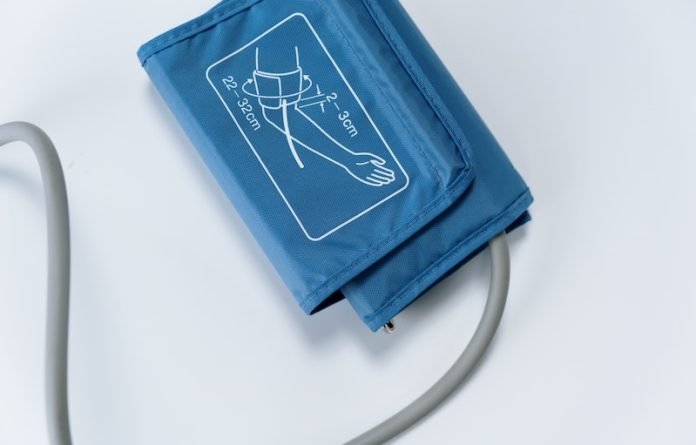
Your blood pressure is made up of two numbers: systolic and diastolic.
Systolic pressure is the pressure when the ventricles pump blood out of the heart. Diastolic pressure is the pressure between heartbeats when the heart is filling with blood.
In a recent study from the University of Copenhagen, scientists found that acetaminophen, a common painkiller for headaches could make blood pressure drop largely.
They found the reason behind this side effect of receiving intravenous acetaminophen.
Acetaminophen is commonly used for headaches and ingested orally.
Hospitals, however, usually administer acetaminophen intravenously. In this way, doctors and nurses can help critically ill patients unable to swallow one or more pills.
However, intravenous acetaminophen has a serious side effect: a temporary large drop in blood pressure.
In the critically ill, six out of 10 have experienced the side effect, one-third of these to such an extent that they require medical intervention.
Despite the findings, intravenous acetaminophen is considered to be a relatively stable drug used increasingly in the healthcare system, even though many doctors and nurses are aware of the potential side effects.
In this study, researchers aimed to find a cause for the steep drop in blood pressure.
They found paracetamol [acetaminophen) bypasses the liver when administered intravenously, therefore it is metabolized differently to when people ingest it orally.
It still gets metabolized, but it happens elsewhere in the body, where the subsequent chemicals can cause an effect that wouldn’t normally happen if the drug was taken orally.
More precisely, it appears that the residual products of the painkiller affect some of the potassium channels, which, among other things, regulate how blood vessels contract and relax, thereby controlling blood pressure.
By using drugs that block these potassium channels, specifically, the research team subsequently succeeded in reducing the side effect of the large drop in blood pressure in the test rats.
The team says that most people should not be afraid to take painkillers as usual, as long as they stay within the maximum recommended dose.
If you care about blood pressure, please read studies that blood pressure swings could be an early sign of heart disease, and cinnamon could help lower high blood pressure.
For more information about blood pressure, please see recent studies about how diets could help lower high blood pressure, and results showing cannabis linked to 3-times higher death risk in high blood pressure.
The study was conducted by Thomas Qvistgaard Jepps et al and published in Atherosclerosis, Thrombosis, and Vascular Biology.
Copyright © 2022 Knowridge Science Report. All rights reserved.



